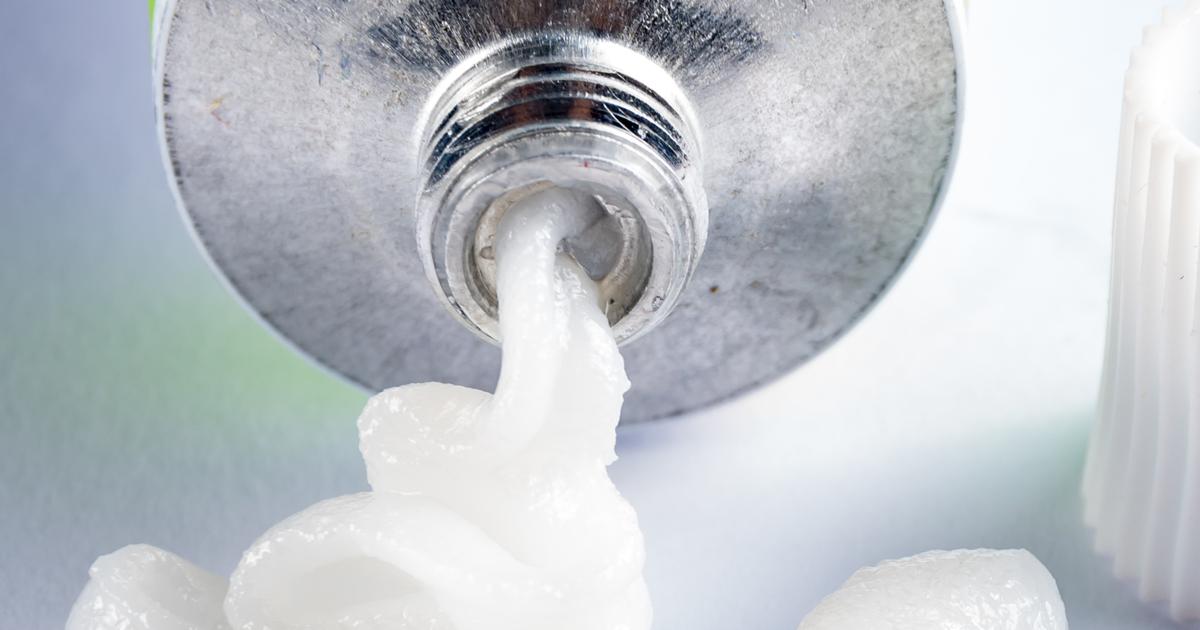Guide To Common Prescription Acne Medications
Acne affects over nine percent of the world's population at any given time. Unfortunately, treating it can be challenging because there are many different types of acne. In addition, there are many possible causes. Acne vulgaris refers to the common zits or pimples that most individuals experience. This form of acne can be divided into two types: inflammatory and non-inflammatory. Inflammatory acne is often more painful than the other type. It is also slightly more common and results in scarring more often. However, both types can be complicated to treat if the wrong medication is used.
Many individuals seek acne treatment, even for the occasional pimple. Some of them will be successful with over-the-counter treatments, such as a benzoyl peroxide wash, or home remedies for acne. However, many patients need prescription acne medication. These individuals may have active acne or want acne scar treatment. Regardless, they must understand the common options for prescription medication for acne if they want to have the best acne treatment.
Dapsone

One medication that has gained significant attention in recent years for treating acne is dapsone. This treatment is applied to the skin as a gel. It is an antibiotic that kills bacteria and reduces inflammation in many different skin conditions. Although researchers and doctors are still unsure why this medication works so effectively on acne, it has still proven to be effective in mild to moderate cases. However, it is not recommended for severe cases. This is because severe acne is less likely to respond to it. Dapsone has shown to be slightly more effective for inflammatory acne than non-inflammatory.
This medication is most commonly prescribed as a five percent concentration gel. Most users seem to tolerate it well. Applying the five percent gel twice daily has shown to be very effective after twelve weeks. However, recent studies have found that a 7.5 percent concentration applied only once daily may be more effective.
Continue reading to learn about more common prescription acne medications now.
